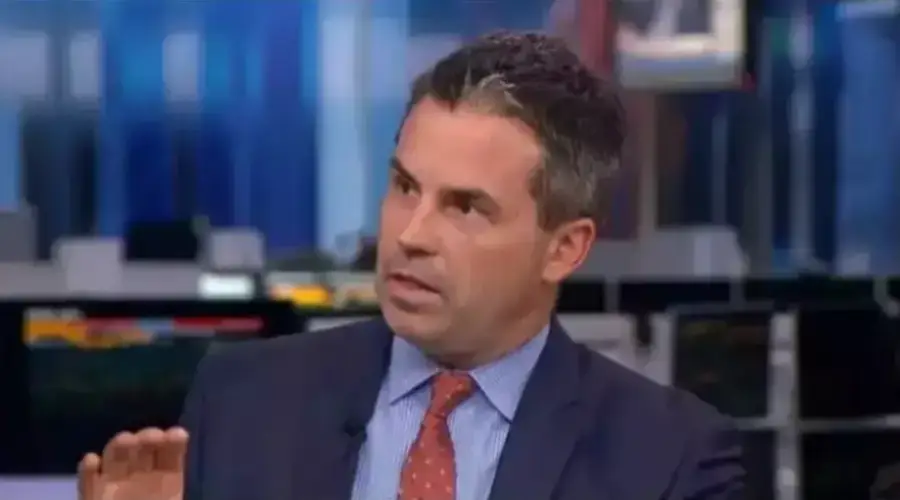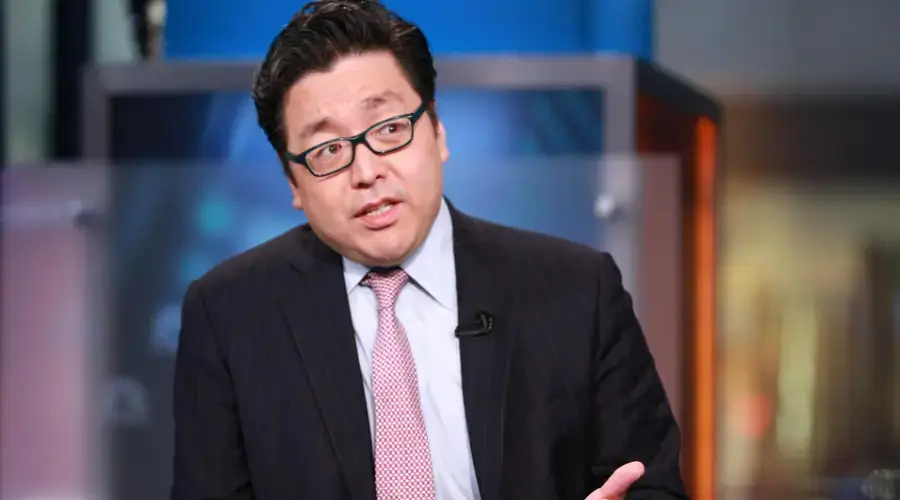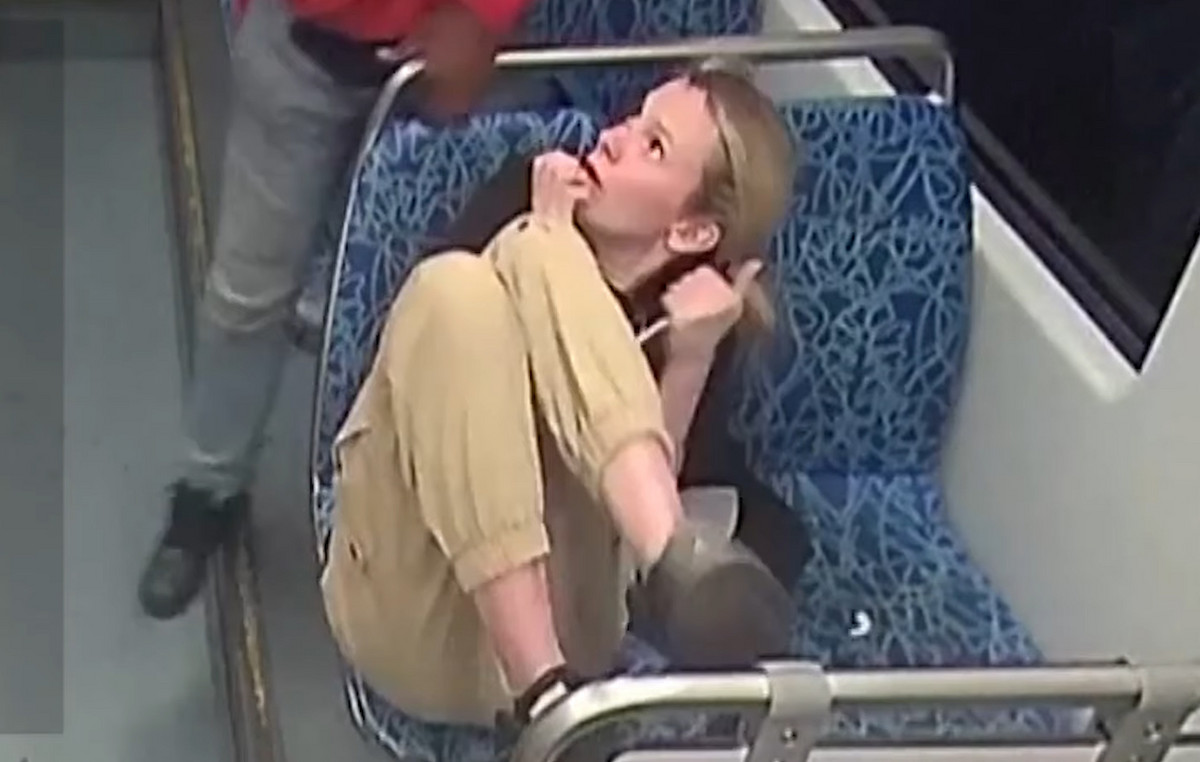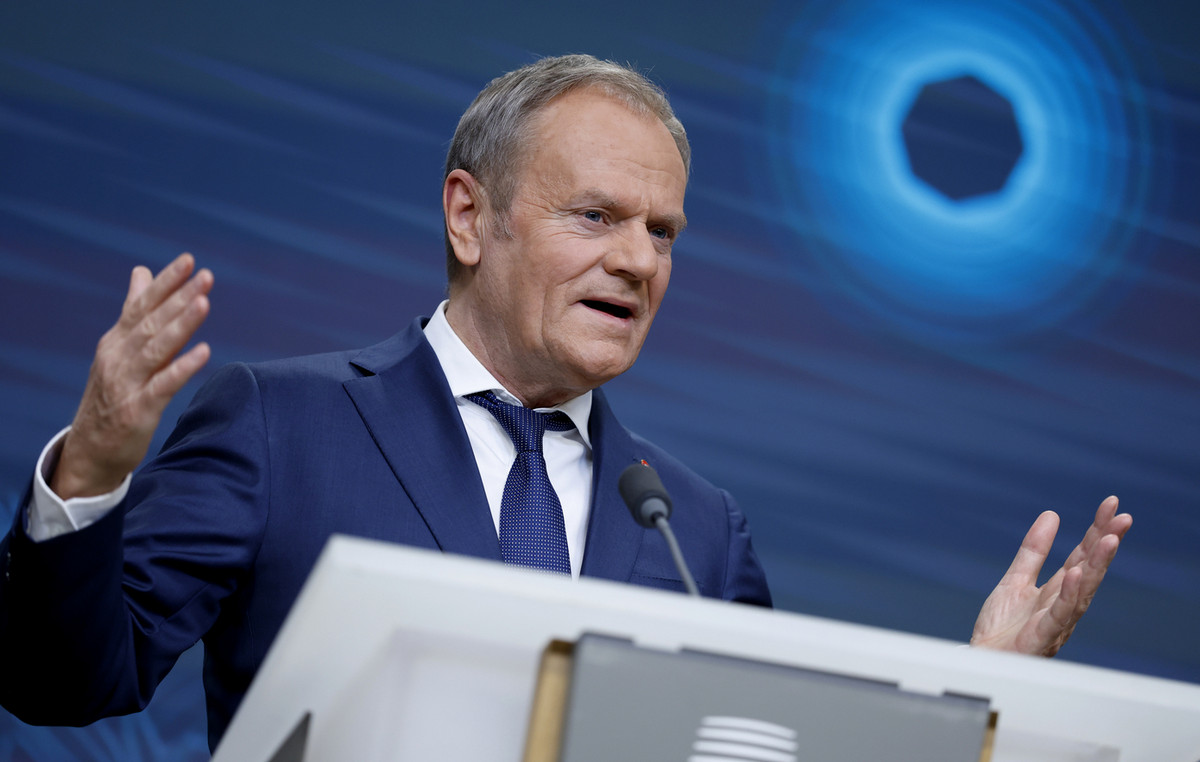If the post-pandemic world sees the resumption of trade as a chance for the economy to recover, in Venezuela purchasing power has been eroded by the highest inflation in the Americas and one of the highest in the world.
The country – which has the largest oil reserves ever discovered on the planet – is experiencing a contradiction: it cannot get out of the long economic crisis, even with the increase in the price of a barrel on the international market, caused by the war in Ukraine.
And the political question is the fundamental factor for this. The governments of Hugo Chávez and Nicolás Maduro bet on populist and authoritarian measures, such as the threat of dissolution of the National Assembly and price controls. There was no investment in other sectors, mainly in the industrial sector.
“Persecution of private companies, so this discourages investment. So you have a situation of an economic disaster that is unprecedented in a country at peace, you know, I mean, a country that is not at war,” said Professor Carlos Gustavo Poggio.
Chávez curtailed the right to a free press – including not renewing the concession of the largest television channel in Venezuela – and made life difficult for the opposition, with lawsuits.
In the economy, it forced multinationals to hand over part of the control of companies to the State.
Nicolás Maduro, assumed the presidency after Chávez’s death in 2013. He was re-elected in 2020, with elections questioned by several countries of the so-called Lima Group, including Brazil, which complained about the lack of minimum guarantees of a democratic process.

Maduro maintained the government’s formula: little room for opposition in politics. And the persecution of the press increased even more.
This year alone, the government pressured the closure of seven media outlets.
“Maduro ended up betting on some tools that were precisely those that contributed to the disaster of the Venezuelan economy, right? You increasingly place the oil sector at the center of the country’s economy instead of trying to diversify”, explained Poggio.
The result of all this: in 2019, with the height of the hunger crisis in the country, the International Organization for Migration warned of the worst refugee crisis ever seen in South America: 4.5 million Venezuelans left the country, which , at the time, represented just over 16% of the population.
The revolt had two main reasons: the devaluation of the national currency, the bolivar, which has lost 14 zeros since 2008, and the shortage of basic products on the shelves.
With the economy languishing, multinationals came out in force, paving the way for small entrepreneurs.
I spoke to one of them, Isaac Delgado, who belongs to a select list of micro-entrepreneurs who have weathered the wave of bankruptcies.
Owner of two small factories – one that produces clothes and the other plastic – he suffers from the great villain of every country in financial crisis: tax increases.
“We have taxes… And materials in dollars… Things we have to add to the cost. We are reaching a point where taxes are unreasonably high for the quality of economy we have right now,” said Delgado.
In 2021, inflation reached almost 700% (686.4%), according to official data.
And the forecast by the IMF, the International Monetary Fund, is that it will close 2022 at 500%. A small improvement that still doesn’t relieve the population’s pocket.
Luis Oliveros is a professor of economics at the Metropolitan University of Caracas, capital of Venezuela. In an interview with CNN, he explains that the federal government does not know how to manage the wealth it has.
“It is not synonymous to have a lot of resources and to have a lot of wealth. There are countries that have learned to manage their wealth, such as Norway, Australia… and even the United States. Venezuela is one of the cases in which there is a mismanagement of this wealth, which in this case is oil, which has generated very serious economic problems: hyperinflation, recession…”, said Oliveros.
The trigger was in 2009, when the Venezuelan GDP (Gross Domestic Product) took the first trip, due to the global financial crisis. The price of a barrel of oil has dropped by more than 70% in a matter of months.
“This dependence [ao petróleo] is very serious, because it imposes undesirable instabilities and fluctuations, and has political impacts.”
Today, Venezuela faces the biggest recession in its history. There are 12 consecutive quarters of economic downturn. From 2013 to 2017, Venezuelan GDP fell by 37%.
For the economist, the state lacks planning: “In 2022, the economy lost 80% of its size compared to 2013. It is an economy that has no control.”
One of Venezuela’s biggest challenges is finding a formula to reverse triple-digit inflation, but there is no sign that this is about to happen.
What’s happening is that the Venezuelan economy is going backwards, it’s going downhill,” Poggio said.
“It affects your health, it affects your mood. A lot, a lot,” lamented Delgado.
Source: CNN Brasil
I’m James Harper, a highly experienced and accomplished news writer for World Stock Market. I have been writing in the Politics section of the website for over five years, providing readers with up-to-date and insightful information about current events in politics. My work is widely read and respected by many industry professionals as well as laymen.







